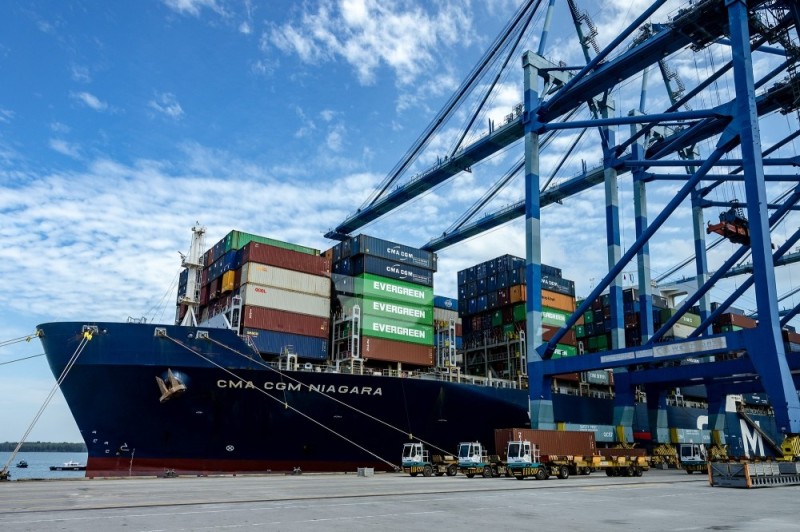
Image credit: Malay Mail
KUALA LUMPUR: The uncertainty surrounding US trade policy may hit global port activity but Malaysia stands to benefit from the diversion of trade especially those from China.
Industry experts said cargoes that were initially US-bound may be redirected to Malaysia or other ports in Southeast Asia due to the tariffs on imported goods into the US.
Maritime industry analyst Nazery Khalid said the tariff war is one of the biggest geopolitical developments that will lead to repercussions for many countries.
He opined that the imposition of tariff by the US could backfire and adversely affect its economy as small and medium enterprises there bear the brunt of higher imports
"What has happened is that products are piling up at US ports as their local importers from industries or companies refuse to pick up the cargos they have ordered because they have been slapped with higher tariffs.
"What this will also lead to is diversion of trade. Cargoes that otherwise would have gone to the US will now shift to other regions because a lot of the things imported by the US are also needed elsewhere," he told Business Times.
Notably, some ports in Malaysia are already seeing an increase in container throughput, including Sapangar Bay Container Port, said Nazery.
"Sapangar Bay has seen an increase of 23 per cent in volume in March 2025 compared to March 2024. This shows that there is a pick up in volumes of intra-Asia trade arising from the diversion of cargo into this region," he added.
Prior to the issues arising from the tariff war, Nazery said some local ports were faced with challenges such as bottlenecks along the supply chain, poor connectivity of ports or volatility in freight rates, among others.
"This tariff war which results in recalibration of trade from the US to our region can be used as a time to improve efficiency, to beef up capacity and also for local and regional ports to leverage on the growing amount of cargo in this region," he said.
LBB International chief executive officer Dr Marco Tieman said the tariffs are affecting the US and economies in the European Union due to their high debt levels. This is likely to affect trade volumes in the coming years.
He said that there may be issues surrounding transshipment container volumes which will go down if both of the economies are not doing well.
"Mid-term however, Malaysia might even benefit from more China trade flowing through Malaysia as well as increase in foreign direct investment from China where selected production from China might move to Malaysia.
"Malaysia is providing value added logistics services, like repacking and light processing," he said.
In the long term, Tieman said Malaysia will need to focus more on Asia as well as trade among Organisation of Islamic Cooperation countries.
"There are opportunities for Malaysian ports to facilitate halal trade flows as a global hub," said Tieman.
Meanwhile, Fitch Ratings said in a note that the overall impact of US tariffs on ports in Asia will be modest as they generally benefit from "take-or-pay" contracts and have lower exposure to the US.
"Higher tariffs on China will benefit other Asian ports as US importers switch to suppliers in other countries and shippers reroute transshipments through other ports in the region.
"Vietnam, India, Thailand, Indonesia and Malaysia could see an increase in intra-Asian trade and transshipment volumes, which could help offset the negative effects of a global economic slowdown," the firm said.
On the global front, Fitch expects the impact on global port sector credit to be muted overall, due to various factors that mitigate the effects of volume and revenue pressures on port credit quality.
Port ratings have been resilient to prior periods of volume declines, such as in 2023 when the US and European port volumes dropped 13 per cent and four per cent, respectively.
The decline took place as consumer spending rotated to services from goods following the pandemic.
"Revenues generally outperform volumes in weak economic years due to contractual revenue buffers, the presence of other stable revenues such as cruise fees, and rate flexibility," it said.
Source: https://www.nst.com.my/business/economy/2025/05/1216261/trade-tensions-may-fuel-malaysias-port-growth

